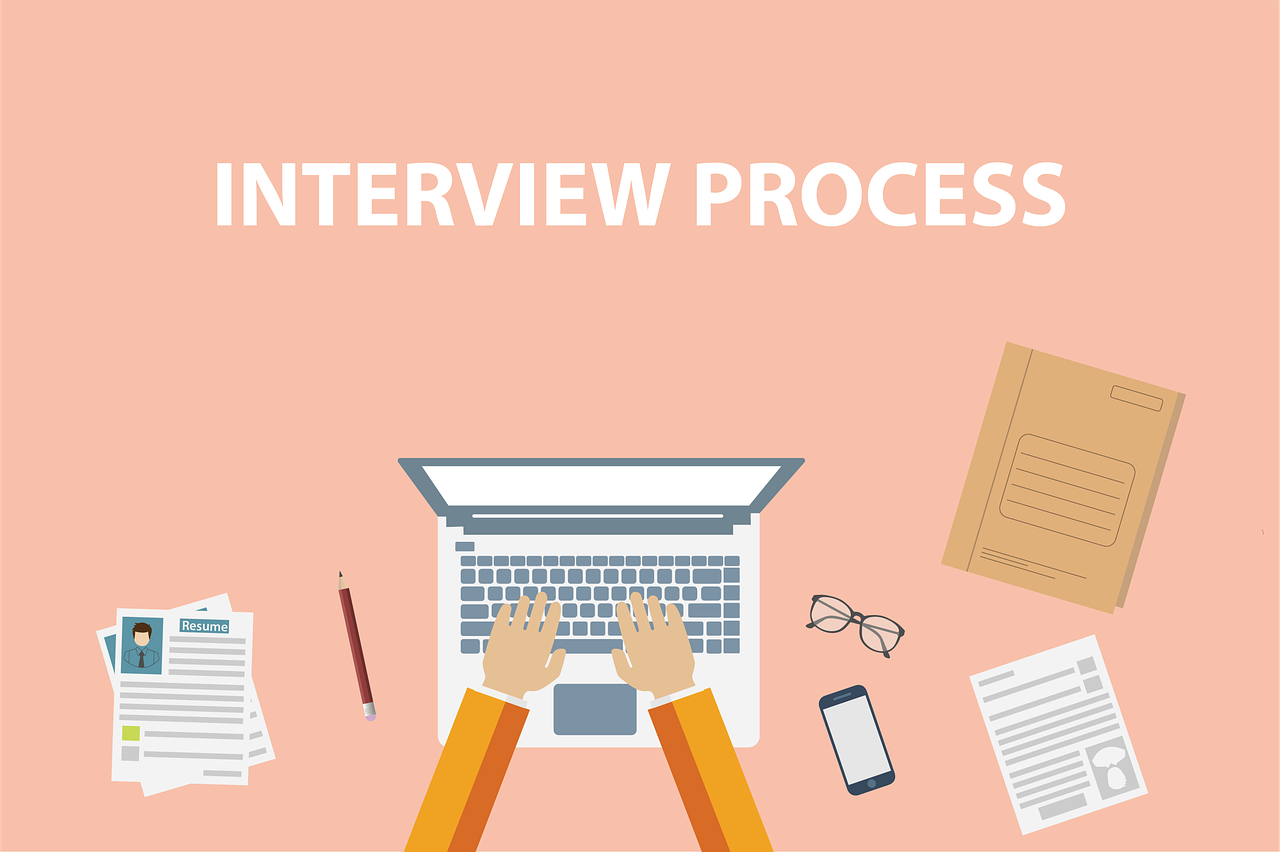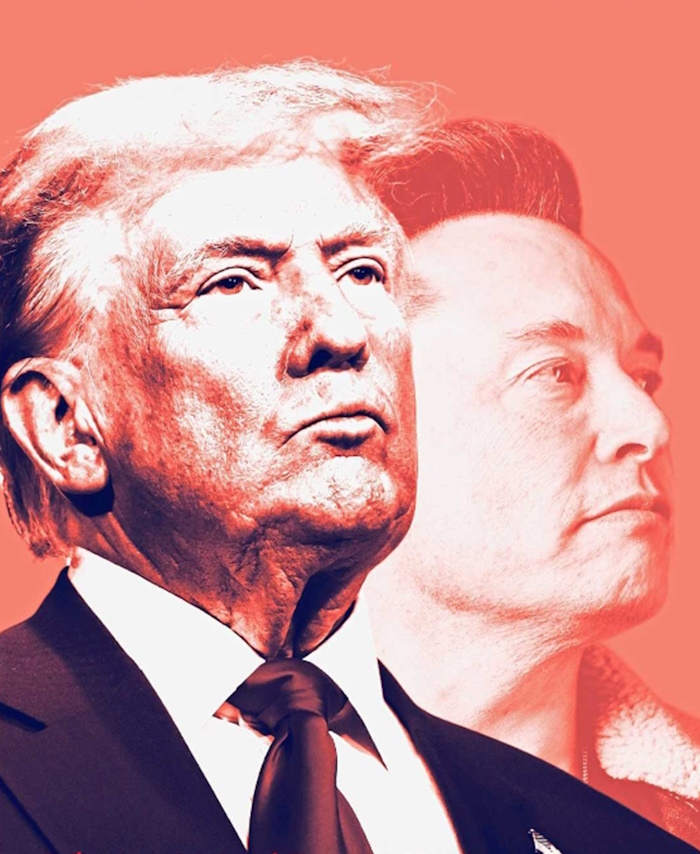 In this blog post, we bring you an important announcement regarding the H-1B visa fiscal year (FY) 2026 cap season.
In this blog post, we bring you an important announcement regarding the H-1B visa fiscal year (FY) 2026 cap season.
Today, March 31st the U.S. Citizenship and Immigration Services (USCIS) announced that it received sufficient electronic registrations during the initial registration period to meet the annual numerical limitations for fiscal year 2026, including for the advanced degree exemption (also known as the master’s cap).
Due to this, the agency has completed the H-1B visa lottery and selected unique beneficiaries at random from the properly submitted electronic registrations to reach the H-1B cap.
As of today, March 31st USCIS has notified all prospective petitioners of their selection via their myUSCIS organizational accounts. Please be aware that only selected beneficiaries are eligible to file an H-1B cap-subject petition with USCIS.
Congratulations to all those who were selected!
How will I know if I was selected in the lottery?
Petitioners with selected registrations will have their myUSCIS online organizational accounts updated to include a selection notice, which includes details of when and where to file. If you submitted your electronic registration with the assistance of an attorney, you should contact your legal representative to determine whether you were selected in the randomized lottery and your next steps.
Please note that a registrant’s USCIS online account will show one of the following statuses for each beneficiary registered:
- Submitted: The registration has been submitted and is eligible for selection. If the initial selection process has been completed, this registration remains eligible, unless subsequently invalidated, for selection in any subsequent selections for the fiscal year for which it was submitted.
- Selected: Selected to file an H-1B cap petition.
- Not Selected: Not eligible to file an H-1B cap petition based on this registration.
- Denied – duplicate registration: Multiple registrations were submitted by or on behalf of the same registrant for the same beneficiary. If denied as a duplicate registration, all registrations submitted by or on behalf of the same registrant for this beneficiary for the fiscal year are invalid.
- Invalidated –failed payment: A registration was submitted but the payment method was declined, not reconciled, or otherwise invalid.
- Deleted: The submitted registration has been deleted and is no longer eligible for selection.
 Visa Lawyer Blog
Visa Lawyer Blog









